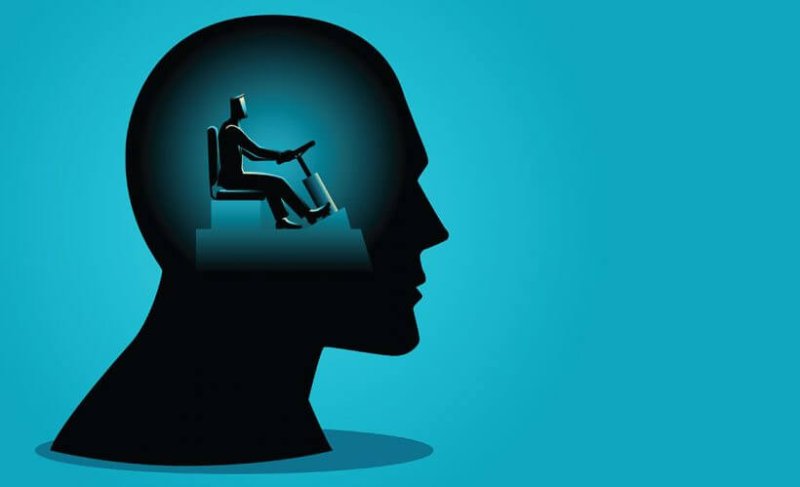Clinical neuroscientists and neurologists have identified the brain networks responsible for this sense of free will. There seems to be two: the network governing the desire to act, and the network governing the feeling of responsibility for acting. Brain-damaged patients show that these can come apart.
…
The sense of freedom we have to act on our moral understanding is regulated and vulnerable, and can break. In a 2016 paper, [neurologist Ryan] Darby noted that people who have behavioral-variant frontotemporal dementia “develop immoral behaviors as a result of their disease despite the ability to explicitly state that their behavior is wrong.” This complicates how moral responsibility should be understood, he explains. People can be capable of acknowledging wrongdoing and yet be incapable of acting accordingly.
…
In any case, the mystery of free will isn’t going away anytime soon. In March, a group of neuroscientists and philosophers announced that they’ve received $7 million to study the nature of free will and whether humans have it. Uri Maoz, a computational neuroscientist at Chapman University, is leading the project. “As a scientist, I don’t know what it entails to have free will,” he said in an interview with Science. That’s a philosophical puzzle.
Read full, original post: Can Neuroscience Understand Free Will?































